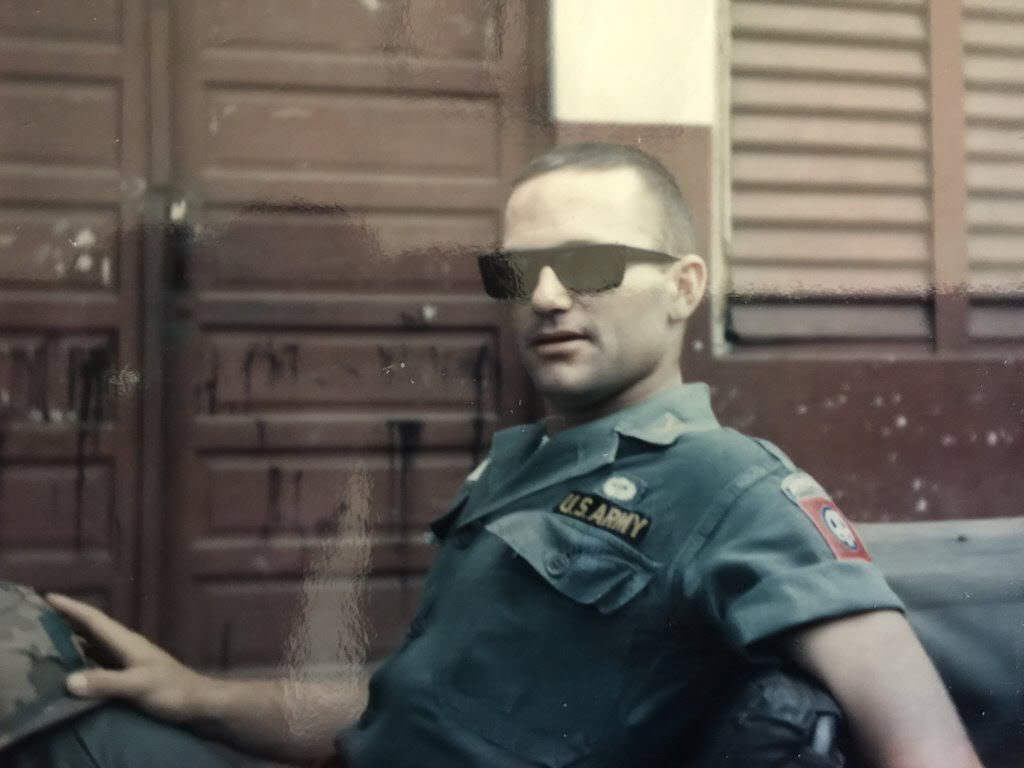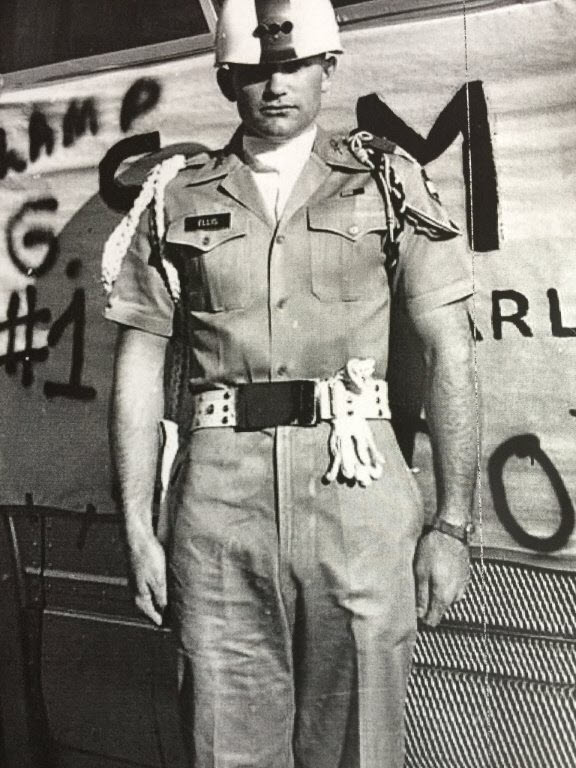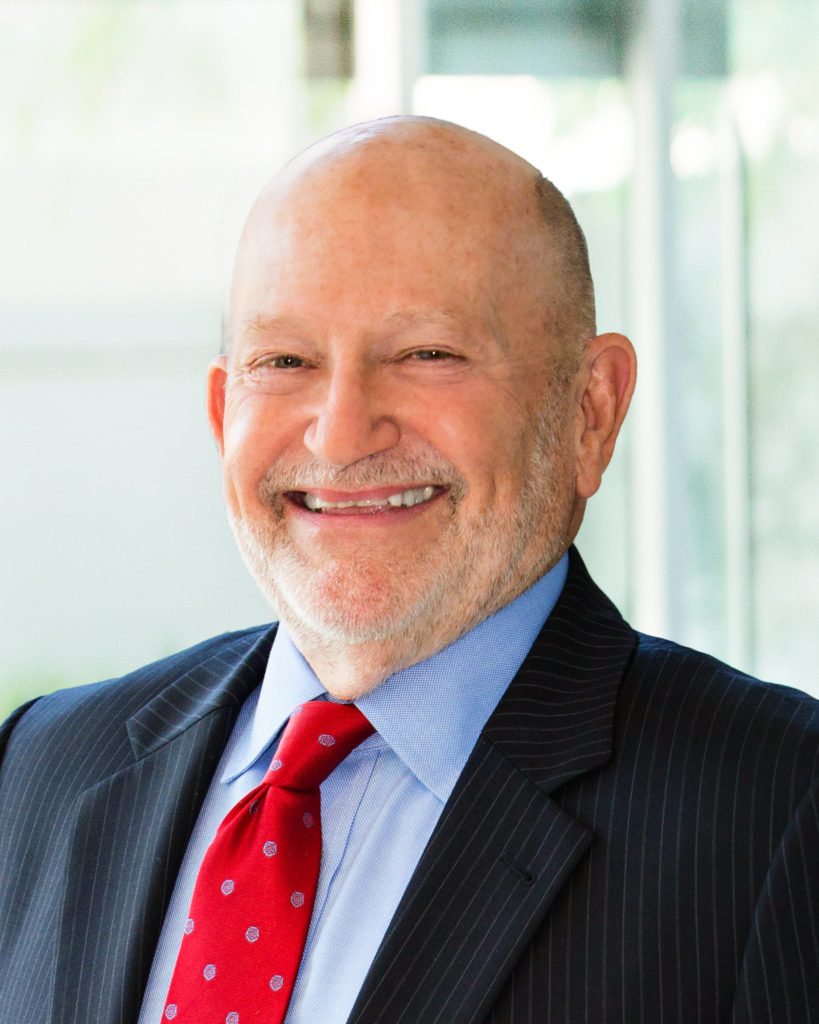
It was my honor to serve as an infantry officer in the 82nd Airborne Division from 1965 to 1969. You might say my military career began with ROTC at South Oak Cliff High School in Dallas. The discipline and service to country taught through ROTC appealed to me as well as the leadership tools presented. I ultimately became Cadet Corps commander. Upon entering Arlington State College (now the University of Texas at Arlington), my ROTC service continued. I was commander of the Sam Houston Rifles and the Cadet Corps commander of the ROTC at ASC. As a result, I was commissioned a second lieutenant in the U.S. Army and chose to serve in the Airborne Infantry, where we learned to jump out of perfectly good airplanes.

Following my basic training at Fort Benning and Fort Bragg, I was immediately sent to serve in the Dominican Republic as part of the peacekeeping mission (jumping out of perfectly good helicopters). Once that service was completed, I returned to Fort Bragg to ultimately become a captain and company commander. It was during this time that I decided the U.S. Army was no longer what I desired as a career. Before I could resign my commission, I was allowed to spend a year as an advisor to the Vietnamese Army in Vietnam.
Since I majored in history at ASC and my initial career plan was to remain in the Army, I found myself wondering what I would do with my life once I was released from service. Since Atticus Finch and Perry Mason were my fictional lawyer heroes, becoming a lawyer seemed to be an attractive alternative, so I entered SMU Law School in 1969, graduating in 1971, and began my practice as a plaintiffs’ personal injury trial lawyer in 1972.
It is my firm belief that my military service greatly impacted any success I may have had as a trial lawyer in several ways. First and probably most understandable, the discipline and attention to detail required of a combat airborne infantry officer transferred well into the practice of law. As all trial lawyers know, representing clients requires long hours, hard work, attention to detail and a disciplined approach to preparation and trial.

Secondly, military service to our country is primarily a desire to be of service to others and to lead. This desire to serve and to lead also transferred to my law practice, not only through service to my clients, but just as importantly through service to the community and our profession. In short, service to others and leadership are basic tenets of both military service and good lawyering.
Third, service in the military has had a direct impact on my attitude toward racism. While it has been some time since I served, the military was composed of folks from all races and religions. There were no black soldiers or brown soldiers or soldiers of different ethnicity. We were all just soldiers. Our job was to serve our country, but most importantly to have each others’ backs. In other words, we had to trust the other person in our foxhole. In my opinion, this experience had a profound effect on my beliefs regarding the importance of diversity in our profession and our community.
While I chose to end my military career for many reasons, I do not regret one moment spent in ROTC or as an airborne infantry officer in the 82nd Airborne Division. If I had to do it all over again, even knowing what I know now, I would choose the same career path. Airborne!!!
Al Ellis is of counsel at the trial law firm Sommerman, McCaffity, Quesada & Geisler, where his practice focuses personal injury, products liability and medical malpractice litigation and mediation. He can be reached by visiting: https://www.textrial.com/attorneys/al-ellis-of-counsel/.
